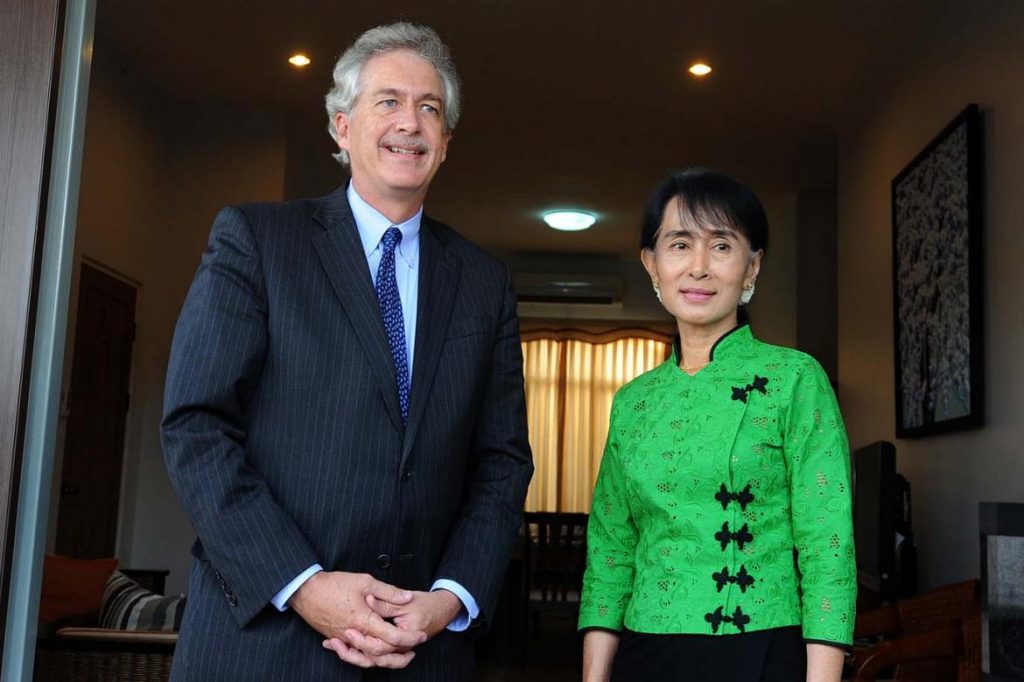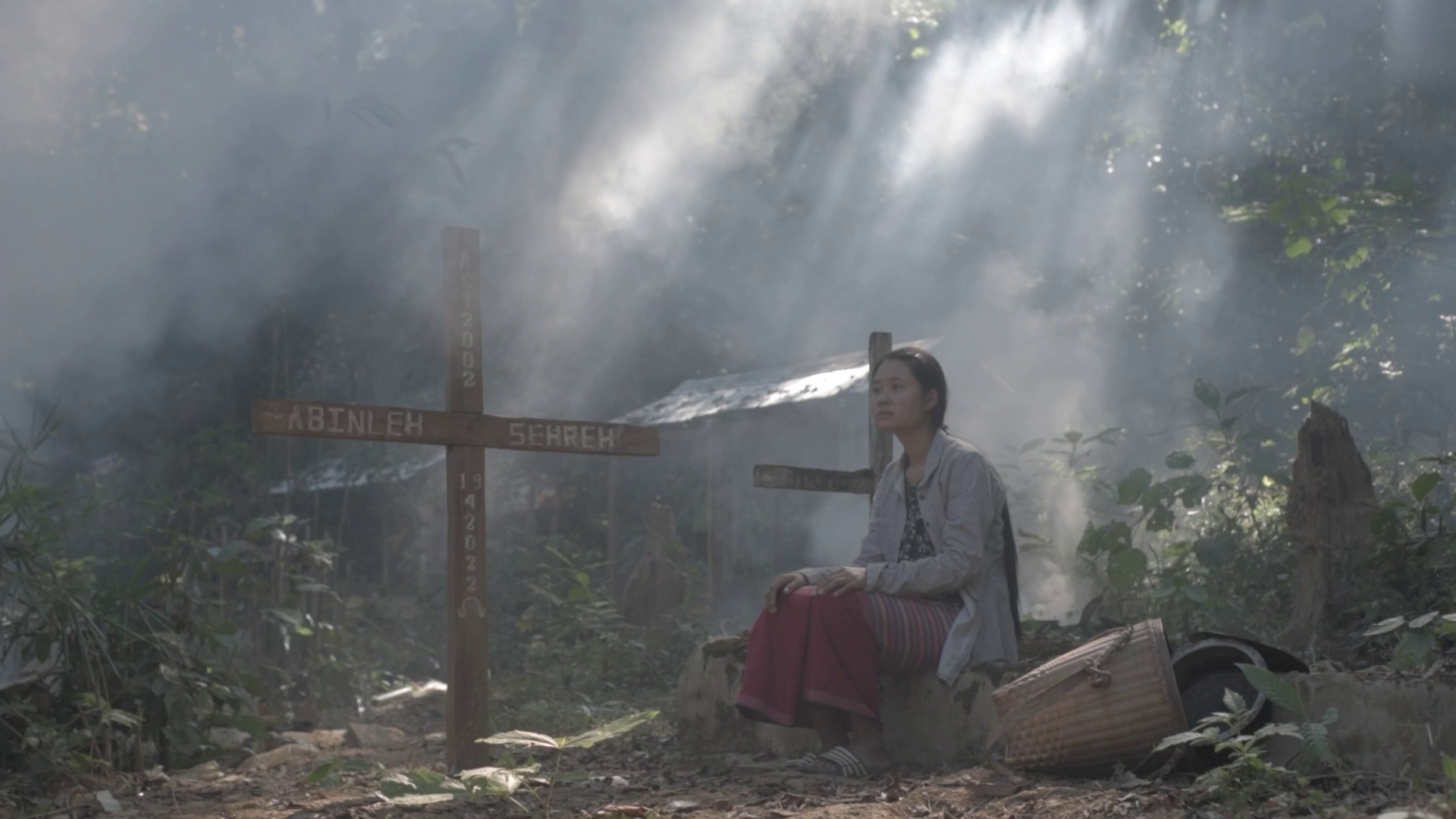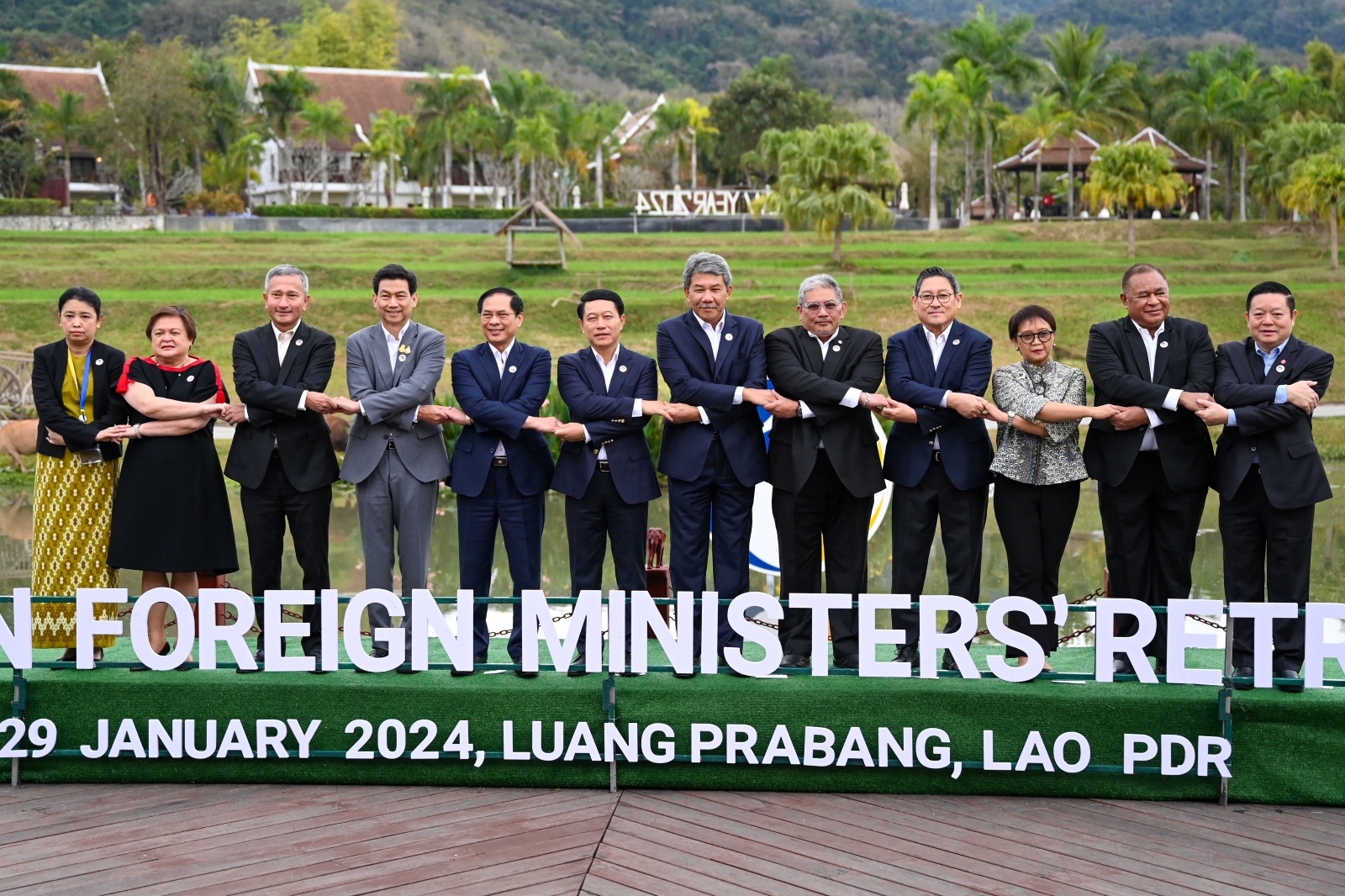In countries undergoing a transition to democracy, deeply engrained social and intellectual tendencies are often at odds with idealistic international political norms.
By DAVID I STEINBERG | FRONTIER
“The mix within her of global human rights icon and steely Burmese politician is bound to be uneasy.”
So wrote Mr William Burns, former deputy secretary of state in the Obama administration, of Daw Aung San Suu Kyi in his contemporaneous notes on meeting her in Myanmar (The Back Channel: A Memoir of American Diplomacy and the Case for Its Renewal. NY: Random House, p. 270).
This prescient conclusion captures the essence of Aung San Suu Kyi’s dilemma, and that of much of the Western world, in balancing international opinions and policies with Burmese political realities. She considers herself, as she has stated, a politician not an icon. She is, however, both.
This unease has been dually fostered: in the West by Myanmar’s egregiously discriminatory and disastrous policy of ethnic cleansing (some claim genocide) against the Rohingya Muslim minority, but in Myanmar itself – where anti-Rohingya sentiment is virtually ubiquitous and repressive legislation against them enforced – by her administration’s lack of economic progress for those most in need. Among the urban and intellectual community, there is further disquiet because of the use of anti-democratic legislation, some of it dating from British colonial rule and continued under military autocracies.
Support more independent journalism like this. Sign up to be a Frontier member.
Although reports indicate her falling, if not failing, reputation, she remains relatively popular.
Many aspects of Burmese life have been liberalised following the authoritarian military rule of General Ne Win and the succeeding military junta. Improvements were certainly made during the “quasi-military” government of President U Thein Sein and have also been made during the present “quasi-civilian” government of State Counsellor Aung San Suu Kyi and the National League for Democracy. But progress has been limited, and the judiciary is under state control.
The West, and no doubt many inside Myanmar, have thought of the change process as an almost inevitable “transition to democracy,” as the media likes to call such anticipated political processes in many countries (think the Arab Spring). But such simplistic analyses ignore the rich, vibrant cultural heritages of the states undergoing some sort of political evolution. Those deeply engrained indigenous social and intellectual tendencies are often at considerable odds with idealistic international political norms.
Political and other norms change; no culture is embedded in concrete or even in aspic. But the process is usually prolonged and not without considerable anguish. In Myanmar, the prevalence of a heritage of personalised power in Burma has been seamless. From the period of Burmese kingships to the present, not only has the role of the leader been overpowering, but the leader’s entourage reinforces such tendencies, for in the Bamar ethnic majority making one’s leader, guest or friend uncomfortable by bearing disagreeable, bad, or unpleasant tidings is anathema. The result is that power becomes more centralised, and the NLD and the military are no exceptions to this norm.
Cultural politics are made even more complex by the historical role of the military since independence in 1948. At least since 1962, the military has designed systems to perpetuate itself in state control: first through the personal rule of Ne Win, then through the military-dominated Burma Socialist Programme Party, then through the military junta, and now through the 2008 Constitution that the military wrote to ensure its continuing dominance under any future government, and under which – with great discomfort – the NLD must still operate.
This centralising tendency has both personal and institutional ramifications. Beyond a person in power, an institution, such as the Tatmadaw in Myanmar, has specifically designed legal authority to ensure its position. But as an individual is powerful, so a single institution becomes dominant, resulting in weak alternative vehicles of control or influence. A balance of power, seemingly necessary for democratic governance, becomes difficult to develop and maintain. The judicial system is impotent, the legislature prevented from expanding its authority by the constitution. Economic power remains largely under Tatmadaw influence. An absence of institutional and personal trust and “social capital” prevails.
Myanmar has two competing centres – the Tatmadaw and the civilian NLD. The Tatmadaw has designed the fundamental legal structure to perpetuate its control. Contrary to its intentions, this is likely to fail over time. For half a century the Tatmadaw, in addition to having a monopoly on coercive power, controlled all avenues of mobility to power and influence. This period is over.
Although political representation is in civilian hands – those of the NLD – the diverse and varied ethnic minorities are likely to increase their influence through legislative channels. Since some have in the past called for secession, and more recently for various forms of autonomy or federalism, a troika of tensions may well develop. While the primary articulated goal of the Tatmadaw is national unity, the distrust that prevails is illustrated by the planned absence of non-Bamar ethnic minorities and non-Buddhists in the upper echelons of the military.
The guarded optimism that many held as Myanmar liberalised and instituted reasonably fair elections is slowly being eroded. The Tatmadaw needs to consider how history will judge its role. Misguided patriotism is not progress. Aung San Suu Kyi needs to fulfill her father’s conception of a new Myanmar adjusted to the realities of a changed, internationally acceptable human rights milieu. The ethnic minorities and Bamar majority require compromise and mutual avenues of advancement and growth. All such tasks are difficult and tedious, but not impossible.







